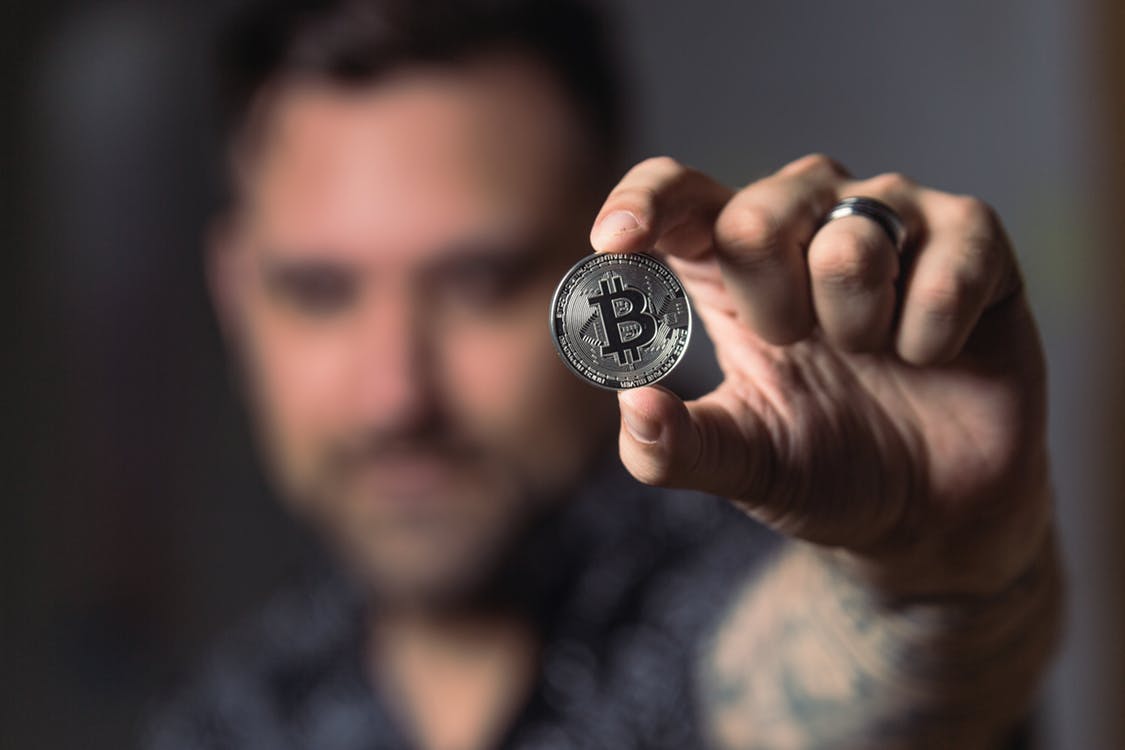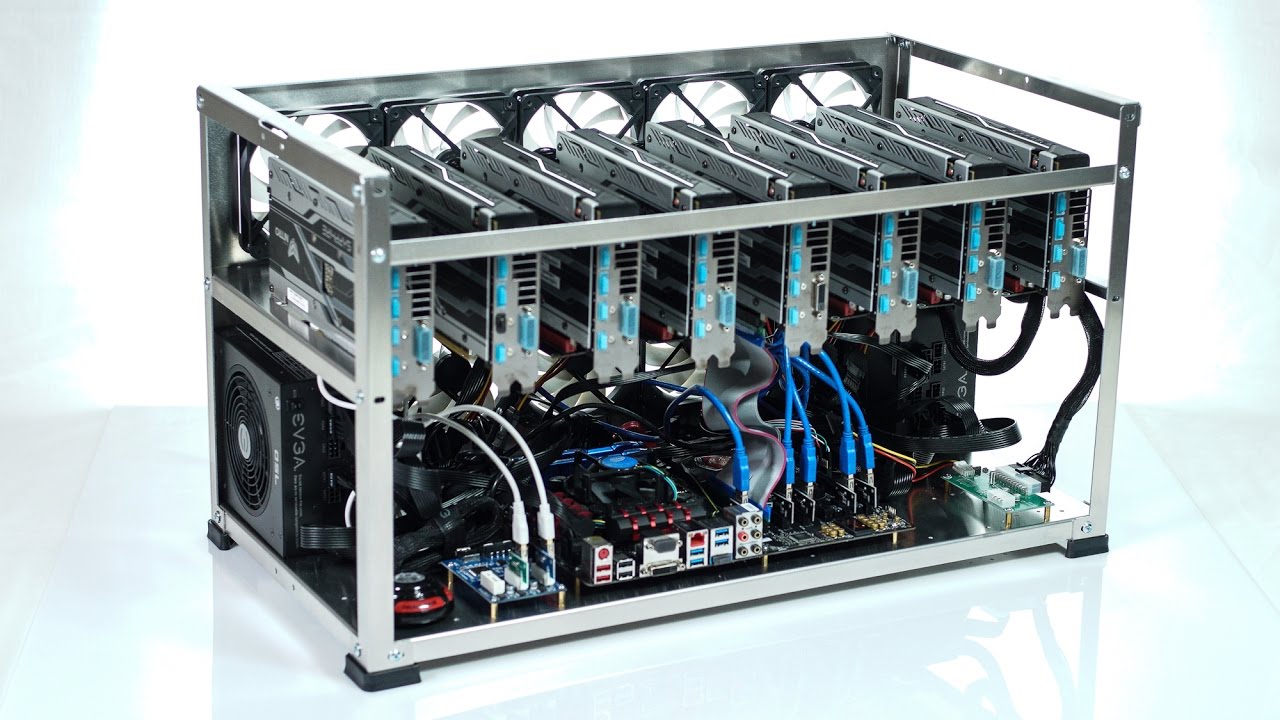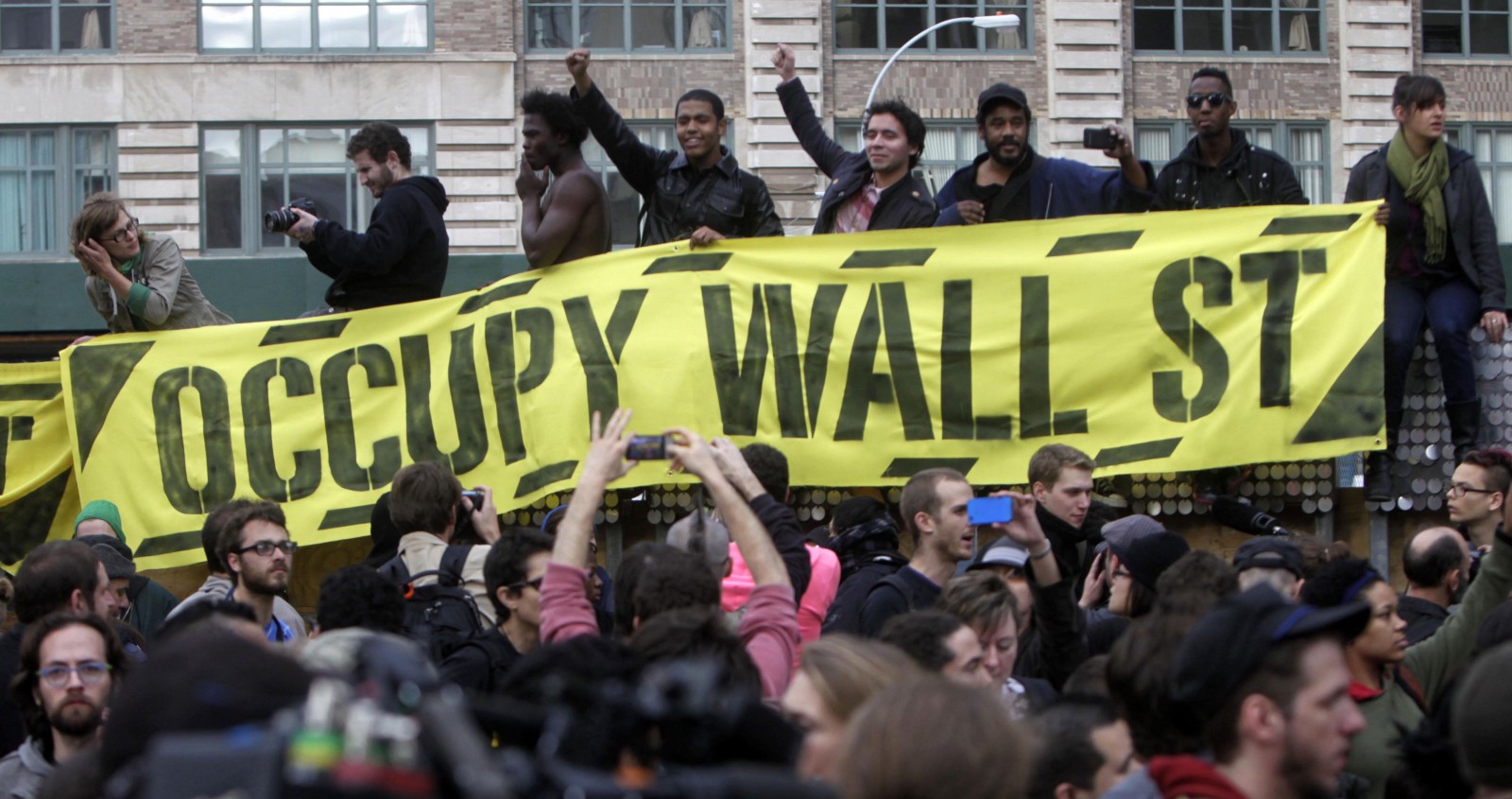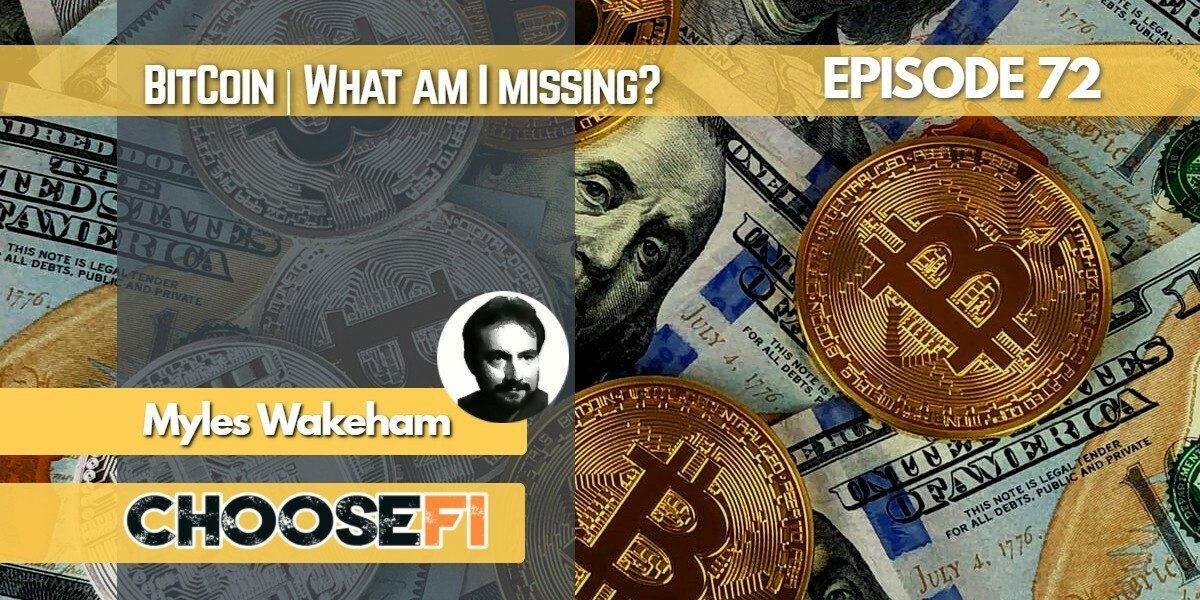Bitcoin and Ethereum in 2019
The markets are on the move again. Bitcoin & Ethereum are seeing substantial price increases as they re-emerge as an attractive alternative asset class yet again. Here’s my take on it, since I was an early Bitcoin advocate back in 2011, and I’ve done pretty damn well out of them to date. You might be curious as to where I am at with this, so read on.
As many of you know, I bought my first Bitcoin in 2011. I won’t go into the whole deal, but I did very well out of it. In early 2018, I sold most of my holdings, and wrote a massive check to Uncle Sam. I also had a substantial holding of Ethereum. That also was sold.

If you want to know the full history of this, I was interviewed and recorded the penultimate Bitcoin & crypto-currency analysis in 2018 for the ChooseFI podcast, which you can find here:
The state of the crypto union
It is now mid 2019. I’m getting back into it again. I had some small investments left from the 2018 ordeal, so I’m not starting from scratch, but I wanted to share my rationale here and why I think it may still have some way to go.
Sinc e 2011, I went through a number of cycles. I saw prices rise 5x and fall 5x in a week. This happens regularly with a new asset class. The pricing is simply driven by speculation because at this point these are assets that are future positions. You can’t buy a cup of coffee at Starbucks with Bitcoin (yet). You can’t register a domain using the Ethereum blockchain (yet). And yet with these technology “fails”, one would expect the asset class to burst like a bubble and go away. Yet they haven’t. They are still around and on the climb again.
Why? Because they represent one key thing – the democracy of data. The thing is that they all started as a “F-U” to banking. Bitcoin has always been the punk rock movement of money. Why? Because it is not controlled by any central bank or central organization. It is the absolute definition of open source money. You can trade it between parties that agree on its value without a middle-man. I can send you BTC and you can send me BTC. We don’t need a bank, a credit card processing service, even an exchange. Sure, you need an exchange to “exchange” money for BTC, but once you have the BTC, then you are free to send or receive it from any other party. It is the digital equivalent of cash, without the ability for a government or central bank to devalue it. It’s value is what WE all agree the value to be, and that is defined purely by the free market and finding a natural price point.
And this is exactly what has been happening in the past few years. Bitcoin and other alt-coins have been seeking out their natural price. Where the media would love to laugh and tell the story of how BTC price rose all the way up to $20K and then “crashed” to $3.5K, that is just a matter of it seeking out the real price. What they neglect to tell you is that 12 months before the price hit $20K, it was around $1K. So sure, it was a roller coaster, but if you think of a 3.5x price increase in 2 years, that is pretty damn amazing performance of any asset class.
I’ve been mining Ethereum too. Why? Because even though the cost of my electricity to do it exceeded what I was getting on a month to month basis, I believed the price would rise. This week I cancelled out all losses and am now in the black, holding a larger portfolio of ETH as a result. But more importantly I contributed to the blockchain by validating those transactions. And that is why ETH is my focus at the moment.

Where is this thing going?
Let’s remember back to 2008 when the global financial crash occurred. The banks royally screwed us all over. They manufactured a risk situation that was so toxic that it created the greatest recession we had seen in 75 years. Nice one, banks. Remember those “Occupy Wall Street” protests that went on for months and months? That was society protesting against central control and ownership of assets and that the 1% got richer and everyone else got poorer.
Now I don’t buy that at all. I believe that we are all responsible for our decisions and if you bought a house using other people’s money, you have to pay it back. And that if you don’t recognize the risk of taking out loans to buy things and you speculate on future valuations, you better be a damn expert in that field because a fool & their money are soon parted. Most of the protestors in Occupy Wall Street were the fools without their money. Sure, there were innocent victims, but if you don’t recognize that you don’t “own” a home until you have paid off the mortgage to it, and you have to service that debt every month, then you are a fool. The home isn’t an income producing asset, so you can’t use some business model to justify the purchase of it. Let’s face it – you bought the damn house to have a nice house. So if you can’t afford to pay for it, that’s on you.
Now having said that, there were still some criminal acts going on with banksters back then. They manipulated the interest rates and property valuations to allow for acquisitions with cheap money. They got bailed out, but they didn’t bail out the mortgage holders. I have a huge problem of ANYONE getting bailed out, because that is just pure socializing the capital markets and that goes completely against the natural free market price discovery process and destroys any hope we have of individual sovereignty of money. However the fact is that the technology community realized they had the tools to give back the power to the people. That’d done that for decades before in their own backyards. They had almost destroyed Microsoft Corporation with open source – by giving away for free the very same software that the richest man in the world controlled, they created the needed servers, languages and databases that power the Internet today. The same technology that allows me to serve this blog article to you right now.

So it is now 2019. Let’s look at what is going on in social culture. There has been a return to central control of money, central control of media, central control of free speech. The largest tech corporations such as Facebook, Google, YouTube, etc. are controlling what is allowed and what is not allowed to be posted on their services. They are a private company so they have that right. But if they are a monopoly and you have little alternative place to go where your peers are, and where you can find new information, then they are more a utility company than a private company and utility companies have to provide services fairly to the people. Banking has continued to be “business as usual” for creating debt enslavement – this time it is more about student loan debt rather than mortgage debt, and in partnership with inept government officials, they have created a stranglehold on 18 year old students who just want a shot at the middle class, yet have to pay $100K+ to get a 4 year degree for the permission slip to participate in that economy. An economy that, for many, will never provide an ROI on that debt. Yet for the next 10 years, that student will be paying $1,000 a month to clear that debt. That money could have been used to invest in asset classes that return them a passive income for the rest of their lives, but they will likely delay getting married, having a family, buying a home, etc. because they are carrying that debt load. A load that eventually will break their backs and we, the tax payers, will be forced to clean up that mess (again).
Does this promote any form of faith in government? Does it promote any form of faith in the western economic system? Does it promote any form of faith in banks? Nope.
And that’s why BTC and ETH pricing is on the rise again.
It isn’t because you can’t make out like a bandit in the stock market. The DJIA is way up. But there is a general sense that the bull market is coming to an end and there needs to be some diversification to protect one’s treasure from evaporating. Those that missed out on the 2017 crypto-mania probably want to participate in the next wave. The “Fear of Missing Out” (FOMO) mentality is party of the human psyche and it is alive and well in 2019.
Where will it end up? I don’t know. But I do know one thing….
People want control of their money. And their data. And they don’t trust all the powers that be who told all of us that they could be trusted with it. They don’t trust their government. They don’t trust their banks and they don’t trust Facebook, Google, etc. to do the right thing.
Decentralize control and reduce risk
It is important to remember that we have the power. Anyone that has an Internet connection and a computer can be mining crypto-currency. Sure, it costs power. But that’s just numbers. The fact is that we all are able to contribute to validating blockchain transactions and that is critical.
So just a quick word on what that means. If I buy a car from you, I get a title. That title document is some authentic representation that I now own that asset. It is a paper representation of a data record in some government database that has a VIN of the vehicle and my name as the registered owner. And the piece of paper I have, validates that record. We rely on the government department to keep that record for us, and that they won’t get hacked or won’t cause some massive problem and lose data. It is decentralized at the state level so that in the USA, there are 50 databases. Getting them to communicate information between them has been hard, but a police officer on the road can determine who the rightful owner of a car is pretty easily as long as that car has a VIN number and they can check databases in different states to determine the registered owner.
That’s basically a blockchain. It is a database. But the person typing in the information to that database has to be trusted. If they put wrong data in, then you have to spend countless hours and days to go to your DMV and fix it all up. Your paper record of the title has to show that they are wrong and you are right, etc.

What if you didn’t need a central authority? What if the technology validated it all because it was decentralized and spread all around the globe? There is no one central point of failure and no one can put wrong information in there. That’s a blockchain. A chain of computers all over the world that are connected via the Internet and that they all have a piece of the ledger and validate that what is put on the ledger is good, using mathematics and cryptography. It requires some power, so as things get busier, you need faster and faster computers to do this. That means that only those that have the capital equipment investment and access to the power and air conditioning to run it can be the validators of truth. That’s a bit risky and unfortunately due to the way that the Bitcoin system works, it runs the risks that only big mining organizations can “mine” the blockchain and validate the transactions. This is a risk, but at this point in time it is FAR less a risk than a central government agency being in control of it, or a bank.
Bitcoin is about money. Who owns it, what it is worth, etc. But there are other blockchains that support registering database entries that we can all agree are correct. I believe Ethereum is one of the best alternative blockchains for this, yet we are still without the “killer app” for Ethereum. Mind you, the Internet didn’t really have a killer app until the World Wide Web emerged in the 1990s, yet it had been around for decades prior. I suspect we are in a very early stage of evolution of blockchains just like we were with the Internet, so any investment in this space is pure speculation. Of course many justify that because they want to be the investors in Amazon back in the late 1990s that would have made them uber rich.
The one thing that excites me about Ethereum is that we can all mine it. It has a protocol that can work on consumer grade computing equipment, meaning that a wider number of participants in validating the blockchain are out there. Compared to the ASIC mining hardware for Bitcoin and what is next in that space, Ethereum can be mined (slowly) on a computer with a decent graphics card. Sure, it won’t make you wealthy but you will be contributing to validating the blockchain in some small way. And that decentralization is the entire point. The more participants, the safer it is.
How do you make money mining Ethereum?
In order to incentivize those of us to invest in capital equipment and pay the power bills, we get to share in the fees charged to use the blockchain. So it is like there is a capital market out there that you can participate in, get paid based on your level of participation, and you have to work out if the economics work for you. But you get paid in the token of the blockchain that you are mining. So if you mine Ethereum, you get paid in Ethereum. This can be an inexpensive way to acquire the currency. Sure, it is faster to just buy it on an exchange. But there is something deeply satisfying (to me at least) to create currency out of nothing and participate in the mining community and assist the network strength in some fashion. All for just turning on the computer, running some software and leaving it alone. I mean isn't that the pure definition of "passive income"?
We are just waiting for some big players to put their database in that blockchain. We are seeing the likes of Microsoft and IBM getting into this. They are looking at putting supply chain data in this. Sure, they could create their own private blockchain, but we already have proprietary database technologies. We’ve had those for decades. Why do we need another? The true power of a blockchain is that everyone can participate in validating it.
I’m bullish not so much on crypto, but more on the fact that people don’t want to be constrained. They don’t want to have their choices made for them. They don’t want to put their faith in organizations that they clearly don’t believe in. They don’t want to give up control unless there is good reason to do it. That’s why I think the blockchain and crypto-currency movement will prevail. And technology has a way to rewrite the rules of society. Look at what the invention of steam power, the motor vehicle, the telephone, television, the Internet, mobile phones, etc. has done for society. They completely disrupt what we consider to be the norm and I believe that of all the technological evolutions to come, blockchain is likely to eventually show up as being a transformative change in society.
There is always the risk that It could just die out because some central authority will criminalize it. Maybe they will try and kill it off with the barrel of a gun. That has been done before. In the 20th century, you were not allowed to hold your own gold for a long time. It was illegal and they would throw you in prison if you did. But the difference here is that the Internet is “Inter”-national. No one government can control it. Sure, some big ones might try and exert their will on others but I don’t see that happening any time soon. The winds of change are already upon us here, and I don’t see anything crippling this technology.
Bitcoin has been around now for about 11 years. They have written about the death of Bitcoin for a long time and never got that right.
So I’m all in (again). I’m not going to say how much I’m investing, but I believe that this has legs and I certainly believe that the return on investment will be substantially better than any other asset class I hold. It certainly already has been and I’ve enjoyed the wealth from my previous forays into this. So my hope is that the hits just keep on comin’
You do you. This is not financial advice. I’m just telling you where my head is at right now. Good luck.
